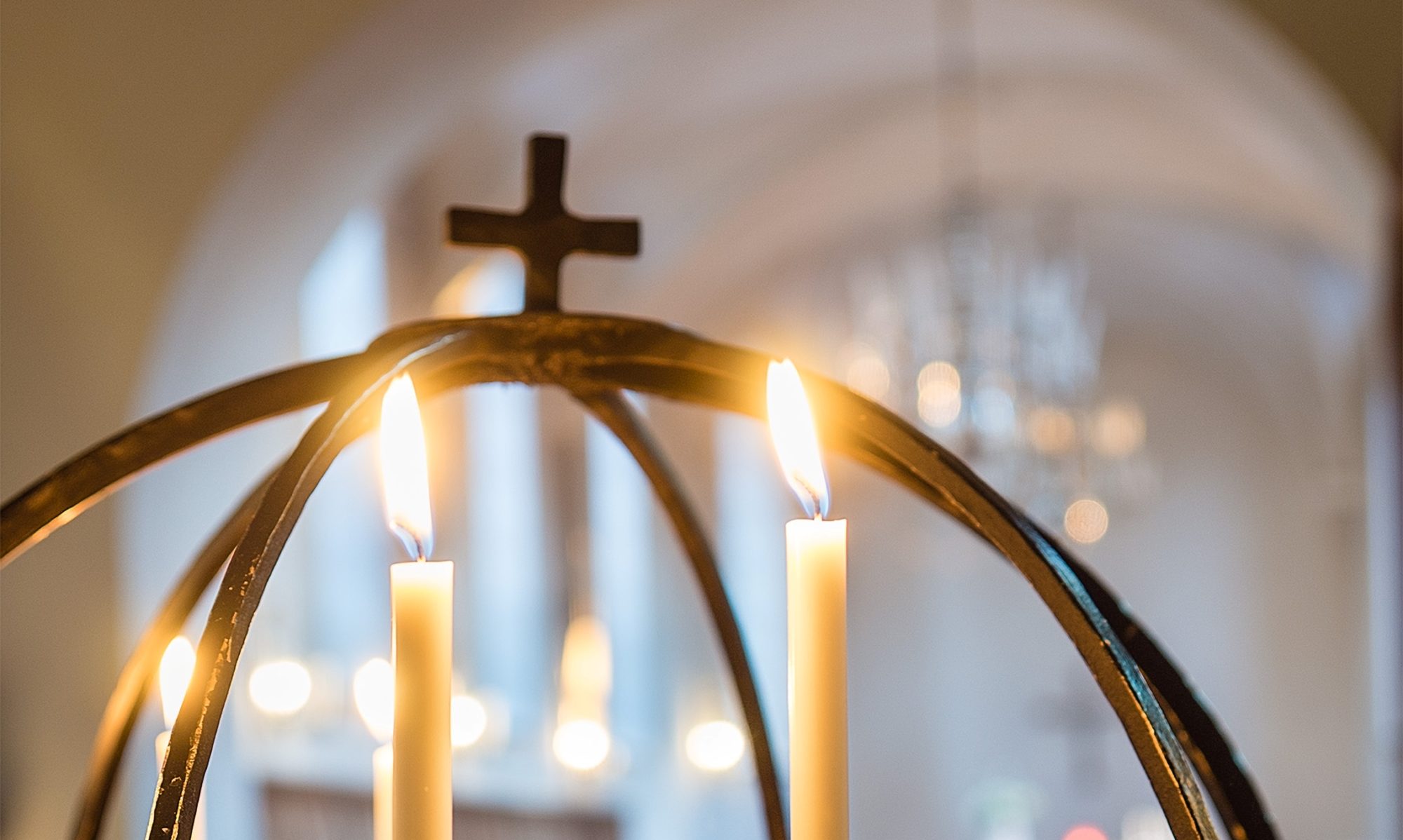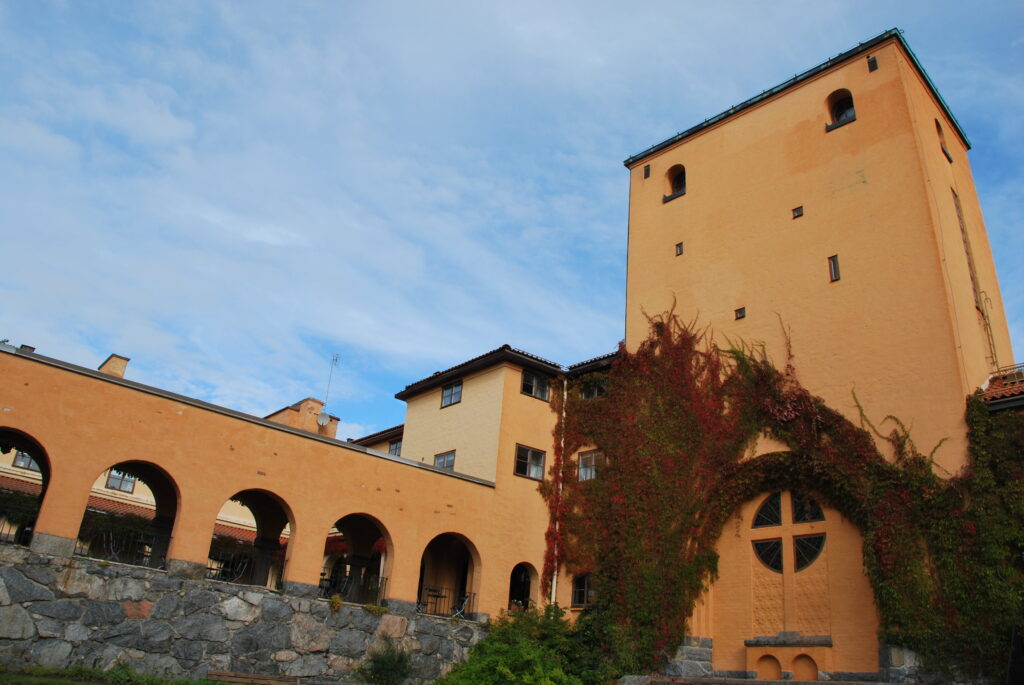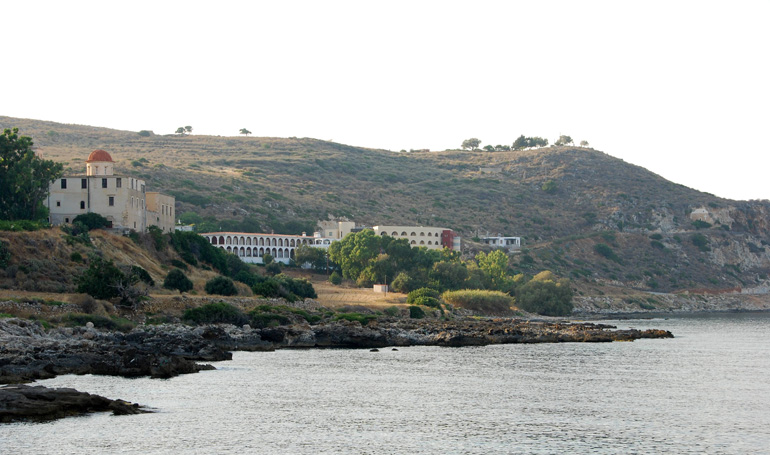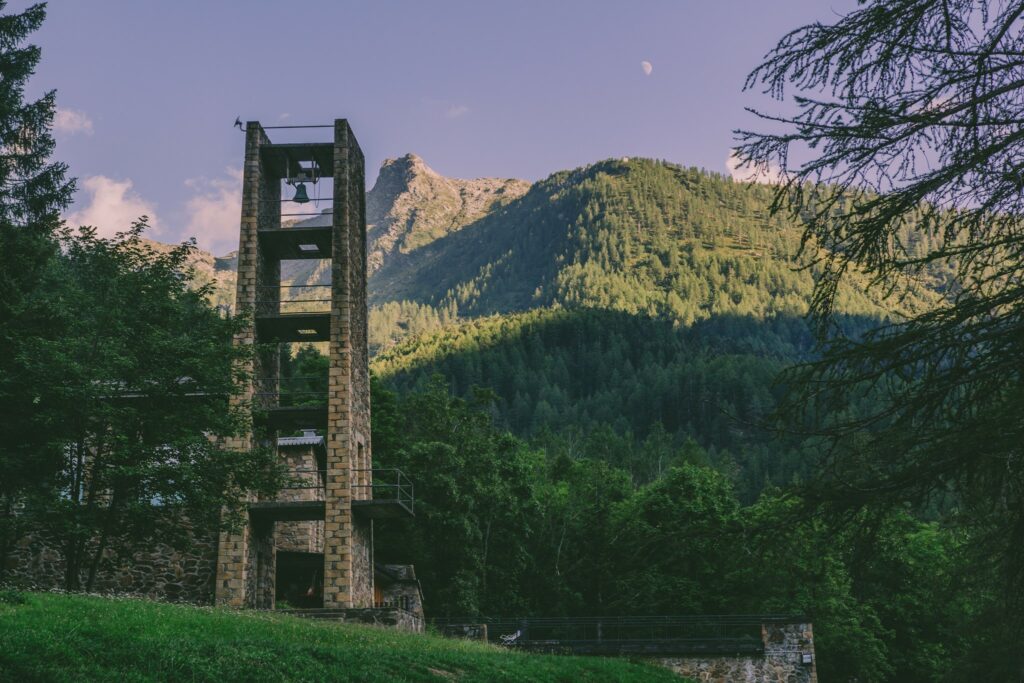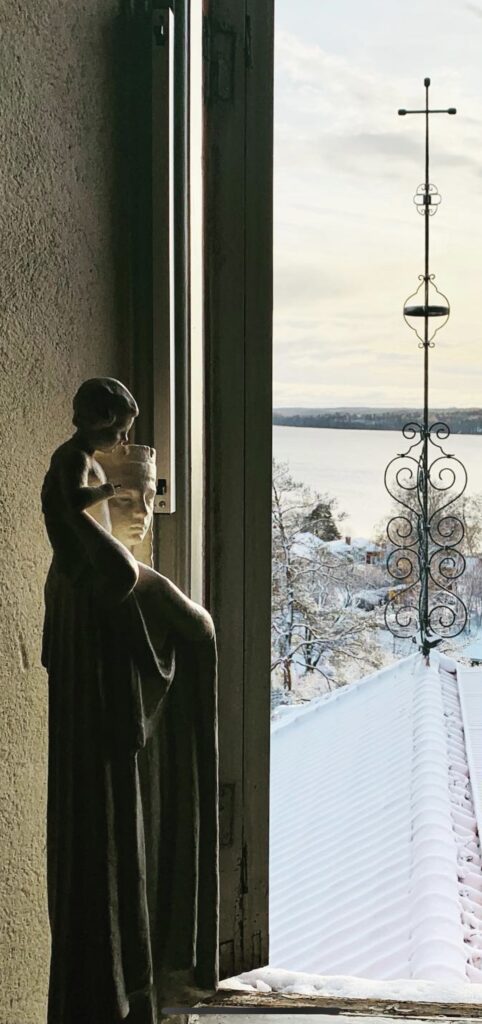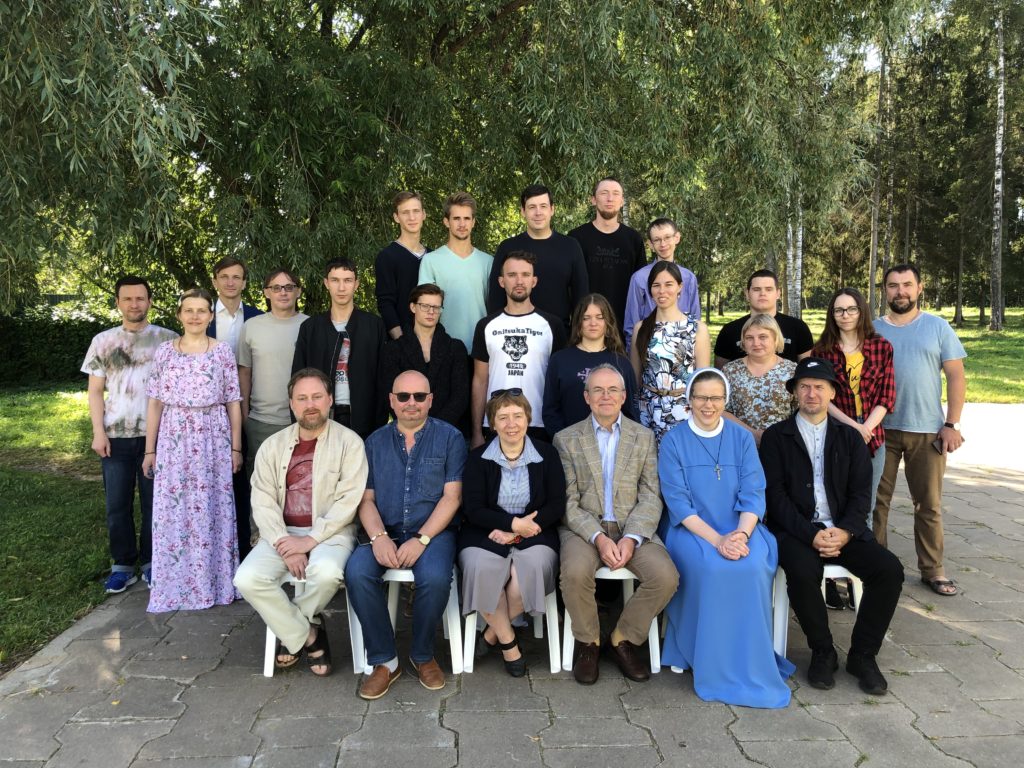Academies during the Covid-19 Crisis
In German-speaking countries „systemrelevant“
is probably the most popular word in political circles during the Covid-19
crisis. It is best translated into English as “relevant for the system” or
“indispensable for the system to function”. Whatever is relevant to the system needs to be
kept functioning even during the hardest lockdown. It needs to be sufficiently
financed, resourced and supported. But what is with “the rest”?
And what is meant by “system”?
During the 2007-2009 financial and economic crisis, the term was also used. At
that time it was clear: “system” meant the financial and prevailing economic
system. Some banks were regarded as “too big to fail” and had to be heavily
supported by public, tax-payer’s money in order not to get bankrupt. “System”
stands for critical infrastructure.
In the Covid-19 pandemic, we
discover anew that it is the people in the service-sector which are equally as
relevant to the system; people that during the crisis often work beyond their
limits and which are thus far not sufficiently honored and usually underpaid in
our societies. They cannot work in
homeoffice, while most people are asked to reduce their contacts to a minimum. They
keep the infrastructure alive, especially for those effected by the virus and
the most vulnerable in our societies. I am thinking of nurses in hospitals or
in homes for elderly people, those who provide food, stand at the cashier in
the supermarket , teachers, doctors.
It is a difficult balance to strike
between fighting the pandemic and keeping the critical infrastructure alive. It
is difficult to decide between necessary measurements fighting the pandemic and in securing the survival of the most
vulnerable affected by shutdowns. Should schools and kindergarden be open? How
do we secure the survival of restaurants and hairdressers, of people in the
cultural and tourist sector?
In this context, it is also
discussed whether churches or church-related institutions, as for instance,
Christian academies are relevant for the system. For many it is evident that
the diaconal work and counselling are indispensable. But what about the
churches’ spiritual and educational work? For Wolfgang Huber, the former
Chairperson of the Council of the Protestant Churches in Germany, this is not
at all the right question. Churches and their institutions are not there to
serve the system, their task is to give witness to the liberating message of
gospel and thereby responding to the existential questions of humankind.
Therefore, religious freedom is a
highly protected good, also in times of a pandemic. Article 9 of the European
Human Rights Convention stipulates, the right to exercise one’s religion, alone
or together with others, can only be limited by very special circumstances. One
of these special circumstances, according to Art 9, is a threat to public
health. Again a difficult balance to strike!
In most countries worship services,
funerals and individual counselling were permitted, though under strong
hygienic rules. And churches and their institutions did abide to the general
rule to keep physical distance between people, but they continued to work for
social proximity.
Academies offered spiritual events as well as
orientation in new and creative forms, in times in which many people feel to be
lonely, in stress or in despair. They cared for the people, gave witness and
invented new electronic and participatory formats and methodologies in order to
keep in touch with people who usually would meet face-to face in conferences.
They initiated virtual debates on issues related to the pandemic as well on
issues which needed more attention at a time where the pandemic seemed to be
the one and only real topic. A key question still is: what will be the future
beyond the pandemic. Which are the experience and learning effect during the
crisis, to which “the system” needs to be adjusted or changed. In this sense,
the Academies are “relevant to the system” and faithful to their calling.
But despite all these efforts, Academies together
with the whole of society are looking forward to the time, where encounters and
discourses are possible again as real events, where conference halls, dining
halls and chapels are filled again with friendly and reflective people from all
walks of life. As Martin Buber said: “All real living is meeting”, meeting
face-to face, not just in the virtual cloud. Also this is indispensable for
human beings.
Rüdiger Noll, Executive Secretary Oikosnet Europe
